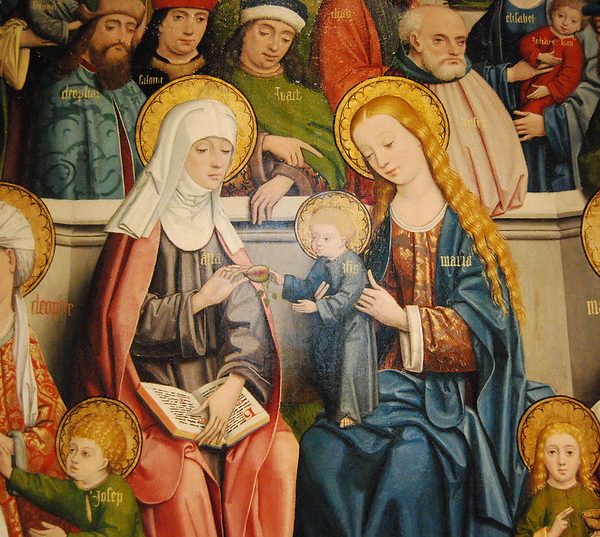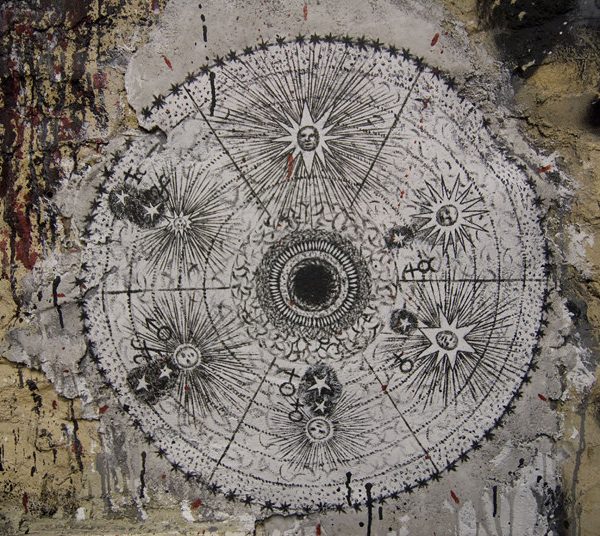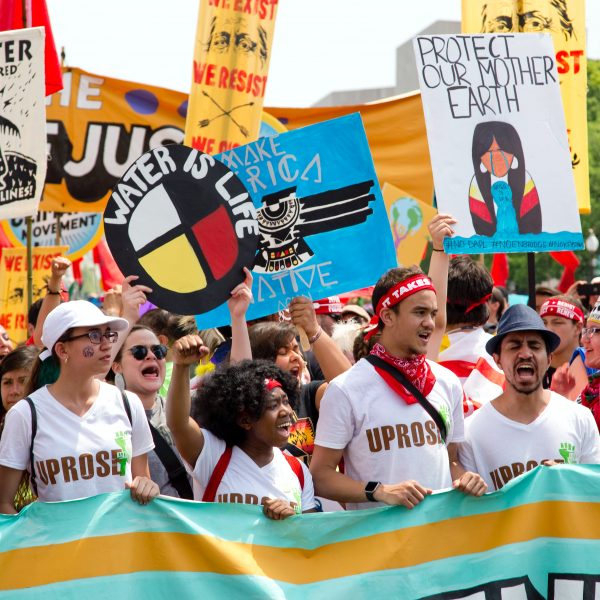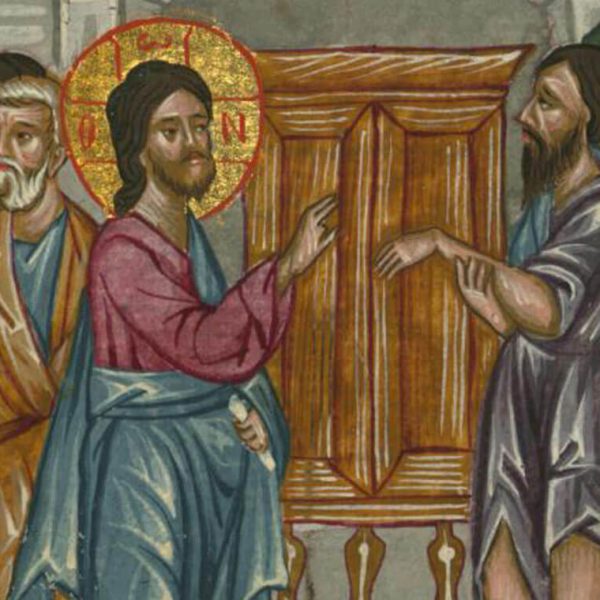
When we read of God enthroned as the great king, perhaps we can imagine a system of governance where our political rivals are not beaten into submission, but are disarmed by love; where those who are different from us are respected, listened to, learned from; where brute force is neutralized by a refusal to retaliate and is resisted through active non-violence. Toward this end, God is indeed the great leader, the one who models “power under” for all of us.

To become part of an institution as a member of a group which has historically been excluded from the university or from the discipline of theology is to be extremely conscious of the fragility of our survival within that institution, to feel the necessity of struggling against the forces of reproduction which conspire towards our ongoing exclusion.

Seth Gaiters and Aseel Najib are convening a virtual dissertation writing group for students working in political theology “in a broad sense, whether their disciplinary background is history, religious studies, anthropology, area studies, or some other field”…

It is consistent to say that everyone is equally intrinsically valuable by virtue of being human, and that death will deprive more future well-being from some. Focusing on the deprivation of future well-being will immediately bring up concerns.







